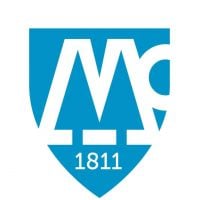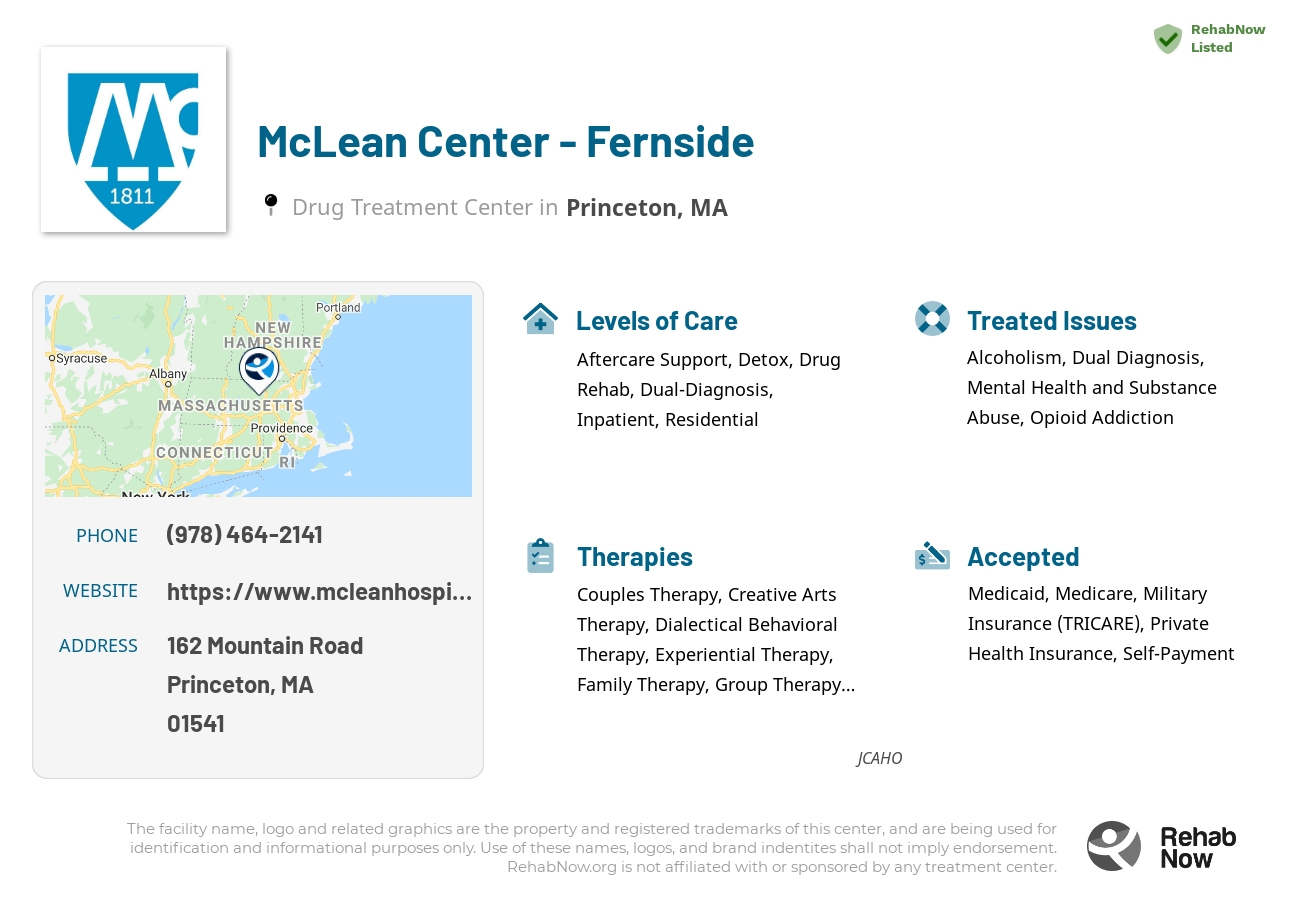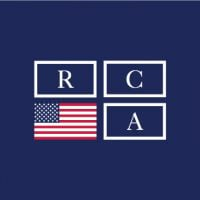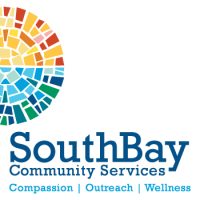McLean Center - Fernside
Drug Rehab Center in Princeton, Massachusetts
McLean Center - Fernside is a leading substance abuse and mental health treatment center in Princeton, MA offering evidence-based therapies, accredited by the Joint Commission, and dedicated to providing the highest standard of care to help clients overcome addiction and mental health issues.
About This Massachusetts Facility
McLean Center - Fernside is an addiction treatment facility located in Princeton, Massachusetts, that has been providing quality care for individuals struggling with substance and alcohol use since 1811. They offer a wide range of treatment modalities and levels of care, including inpatient, residential, and outpatient treatment, detoxification, and aftercare support. They specialize in dual-diagnosis treatment, which is used for those who are struggling with both a mental health disorder and a substance use disorder.
McLean Center - Fernside is accredited by the Joint Commission on Accreditation of Health Care Organizations, one of the highest standards in the healthcare field, and they accept private health insurance. Their licensed professionals provide individualized treatment plans that are tailored to each person's unique needs. In addition to specialty care for individuals struggling with alcohol and opioid addiction, they also provide a variety of services for those with drug addiction, mental health disorders, and substance abuse.
Genders
Ages
Modality
Additional
Accreditations

JCAHO
Conditions and Issues Treated
Opioid abuse has become a national epidemic in the last decade. The US has one of the world’s highest rates of opioid use and abuse, as well as opioid-related deaths. Opioids are classified as Schedule II-IV controlled substances in the US due to their high potential for abuse.
Oxycodone, hydrocodone, methadone, and fentanyl are the most common Opioids and are commonly prescribed to treat pain. Tolerance to opioids develops over time, making life difficult, if not impossible, without them. Opioid users often obtain the drugs illegally. They can be drug dealers, friends, or family members who do not have valid prescriptions.
The desire for a more intense high than prescription opioids can quickly lead to heroin use. Heroin users are more prone to illness and death due to the high risk of overdose.
Many opioid addicts who seek treatment believe that the only way to overcome their addiction is through medical detox and long-term drug addiction rehab. To help patients wean off their addiction and reduce the risk of overdose, medication-assisted therapy (MAT) involves prescribing a replacement opioid. Doctors use MAT in conjunction with other anti-craving medications to help patients maintain recovery. Due to the high risk of relapse, MAT is often combined with individual and group counseling and social support programs.
When addiction and psychiatric issues co-occur, the addict’s recovery is more successful when both conditions are treated. A dual diagnosis refers to a condition in which the patient is diagnosed with two health issues: addiction and bipolar disorder. The most common therapies are psychotherapy, behavioral therapy, spiritual counseling, 12-step programs, and medication management.
Levels of Care Offered at McLean Center - Fernside
This center offers a variety of custom treatment tailored to individual recovery. Currently available are Aftercare Support, Detox, Drug Rehab, Dual-Diagnosis, Inpatient, Residential, with additional therapies available as listed below.
The detoxification process typically includes some combination of the following: medical supervision, medication to help alleviate withdrawal symptoms, drug testing to monitor progress, and counseling.
Tackling the physical symptoms of withdrawal is essential to ensure that an individual can focus on the psychological aspects of the addiction without focusing on the physical pain that comes with withdrawal.
Withdrawal symptoms can be uncomfortable, even life-threatening, so carefully managing the detox process is extremely important. In many cases, more advanced pharmaceutical interventions are used to treat more severe withdrawal symptoms. Medication might help alleviate discomfort associated with detox, including nausea and headaches.
Inpatient treatment centers offer a safe, secure, and often medically supervised environment for drug or alcohol-addicted individuals. Many of these facilities are equipped to provide detoxification, treatment for co-occurring mental health disorders, and aftercare programs. The patient typically spends 28 to 30 days at the facility and will receive extensive drug counseling.
Residential treatment programs are those that offer housing and meals in addition to substance abuse treatment. Rehab facilities that offer residential treatment allow patients to focus solely on recovery, in an environment totally separate from their lives. Some rehab centers specialize in short-term residential treatment (a few days to a week or two), while others solely provide treatment on a long-term basis (several weeks to months). Some offer both, and tailor treatment to the patient’s individual requirements.
Aftercare support is vital to the success of someone in drug or alcohol treatment. It involves assisting with entering a sober living home, getting career counseling or educational assistance and even getting the individual lined up with programs like AA and NA. This support helps recovering addicts readjust to normal day-to-day activities and maintain sobriety.
When a person is in drug or alcohol treatment, they have to increase their focus on themselves. They need to learn how to recognize the triggers that cause them to relapse and learn the habits that would benefit them if they were to be sober. This is all part of the growth in recovery, and aftercare is essential to that process.
Therapies & Programs
At McLean Center - Fernside , to learn from past mistakes and improve one’s situation, the recovering person meets individually with a therapist. The counselor or therapist will address addiction causes, triggers, mental issues, dual diagnosis, and aftercare plans during this time. This is a very intense and challenging process. Some clients find it easier to open up to someone other than family or friends who understand their struggles with addiction.
Couples therapy sessions are typically used to help couples in recovery from drug addiction work through their issues. These types of sessions can be beneficial for many reasons, including the fact that they add a layer of accountability when both partners in a couple are recovering from addiction.
Therapy can also provide addicts with another effective way to cope with stress and avoid relapse during difficult situations. This type of therapy can help improve communication with their partners, which can strengthen the relationship and prevent future problems that might lead to relapse.
Family therapy is a crucial part of drug treatment and getting sober. It is one of the most effective ways to help addicts stay on the path to long-term sobriety. An addict’s family can play a vital part in helping them to avoid relapse. They can spot the warning signs and help them get back on track.
In group therapy, recovering addicts meet with a therapist and other people in recovery. Some groups are closed, meaning only people who share the same addiction or problem can attend. Others are open to anyone who wants to stop using drugs or drinking alcohol. Group therapy sessions typically focus on one topic each week or month so that recovering addicts can discuss issues they face daily.
Dialectical Behavior Therapy (DBT) is a type of therapy created in the late 1980s and early 1990s. It was designed to help people with high rates of suicidal behavior.
The goal of DBT is to teach mindfulness, distress tolerance, emotion regulation, and interpersonal effectiveness to help people learn how to live a life that is no longer controlled by overwhelming emotions and urges.
DBT is beneficial in treating drug addiction because it helps patients understand and cope with their cravings for drugs or alcohol rather than turning to those substances as a way of coping.
Cognitive Behavioral Therapy (CBT) is based on the idea that how we feel, think and act all interact together. It helps people explore their thoughts for problems (or false beliefs) that influence their mood and actions. CBT is very goal-oriented, which means that the therapist and patient work together on a specific problem. In addition to helping a client focus on thoughts that can be changed, CBT also allows them to take an active role in their treatment. Our thoughts determine our feelings and behaviors; our feelings affect our thoughts, and our behaviors change our thoughts and feelings.
Nutrition therapy has been used to help drug addicts for decades. Many early reports on addiction treatment indicate that some patients recovered from the “satisfying power of food”. For years, this phenomenon has been utilized as a treatment modality in eating disorders for adults, adolescents, and children.
Specific nutrients have been identified that influence neurotransmitters associated with reward pathways of the brain. Studies have shown that carbohydrate loading with complex carbohydrates to elevate serotonin levels was effective in treating bulimia nervosa. This approach prompted researchers to explore the use of this type of nutritional intervention in other disorders.
The goal of nicotine replacement therapy is to provide a safe alternative for people trying to quit smoking. It does this by giving small doses of nicotine that help manage cravings while breaking habits associated with cigarettes.
Nicotine Replacement Therapy (NRTC) uses products like skin patches and gum that deliver low-dose nicotine, which prevents cravings in those quitting. This makes it easier for them to make a gradual transition from smoker to non-smoker.
Patient Experience
Creative Arts
Creative arts therapy is an expressive process that helps people in recovery explore feelings and emotions. While the goal isn’t always to create a final product, it’s therapeutic for many patients. They can express themselves by journaling or other forms of creative expression. Activities include sketching, painting, sculpting, etcetera. All help them handle stress and anxiety better than before their addiction (and even when they were). The activity improves communication skills and the ability to process traumatic events from one’s past, often triggered during periods of withdrawal/relapse. This benefit makes this form of treatment popular among addicts who don’t want prescription drugs but need something more substantial than talk sessions with counselors.
Experiential Therapy at McLean Center - Fernside
Experiential Therapy is a different way of thinking about addiction treatment. It uses physical activities to help work through troubling emotions, memories, and trauma that are sources of psychological issues like addiction.
Experiential Therapy can be an effective option for those who have struggled with past traumas or challenges associated with life decisions such as drug use. The non-traditional approach helps people deal more effectively with these struggles. It also allows them to gain new perspectives on their behavior patterns by recreating experiences in healthy ways rather than continuing old habits that may no longer serve them.
Payment Options Accepted
For specific insurance or payment methods please contact us.
Is your insurance accepted?
Ask an expert, call (888) 674-0062
McLean Associated Centers
Discover treatment facilities under the same provider.
- McLean Hospital - Belmont in Belmont, MA
- McLean - Ambulatory Treatment Center at Naukeag in Ashburnham, MA
- McLean Hospital - Belmont in Belmont, MA
- McLean - SouthEast in Middleboro, MA
- McLean Fernside - Princeton in Princeton, MA
Learn More About McLean Centers
Additional Details
Specifics, location, and helpful extra information.
Princeton, Massachusetts 1541 Phone Number(978) 464-2141 Meta DetailsUpdated November 25, 2023
Staff Verified
Patient Reviews
There are no reviews yet. Be the first one to write one.
Princeton, Massachusetts Addiction Information
Massachusetts has one of the highest rates of drug abuse in the country. More than half a million Massachusetts residents abuse alcohol while more than 1.5 million use illegal drugs each year. This drug and alcohol usage is the cause of over 8% of all deaths in the state. In 2017, Massachusetts ranked in the top 10 of the states with the highest opioid overdose rates.
Treatment in Nearby Cities
- Norton, MA (49.8 mi.)
- Ayer, MA (16.3 mi.)
- Ashburnham, MA (11.7 mi.)
- Upton, MA (24.9 mi.)
- Boston, MA (42.8 mi.)
Centers near McLean Center - Fernside
The facility name, logo and brand are the property and registered trademarks of McLean Center - Fernside, and are being used for identification and informational purposes only. Use of these names, logos and brands shall not imply endorsement. RehabNow.org is not affiliated with or sponsored by McLean Center - Fernside.







